IINE Statement on Public Charge Policy Changes
The Trump Administration’s new “Public Charge” policy will limit the ability of legally-admitted, tax-paying immigrants to become permanent residents and citizens of the U.S. The International Institute of New England condemns this xenophobic policy as un-American and economically indefensible.
Legal immigrants with documented statuses sometimes struggle to make a living when they first arrive in the U.S., due to language, education, and cultural barriers. During this early period, many take low wage, entry level positions that employers find hard to fill. Because of the low wages, these workers often require support from federal health, housing, and food programs to augment their wages so they can support their families and grow their employable skills.
IINE helps immigrant families access federal benefit programs, and we are witness to how those supports allow newcomers to become employees in American companies, manufacturers of American goods, founders of American businesses, and creators of American jobs. Newcomers rent and then purchase American homes, learn in American schools, join the American armed forces, and worship in American faith communities, all the while paying taxes into our federal government that more than covers the early benefit support they may receive. Legal immigrants pay for and deserve access to the same public benefits that are available to every person paying taxes in this country.
More than 1 million immigrants live in Massachusetts, and another 85,000 live in New Hampshire. Immigrants in Mass and NH paid nearly $14 billion in state and federal taxes last year. Immigrant-owned businesses employed nearly 200,000 people in this region last year. It would be disastrous to remove the economic power of immigrants from New England’s cities and towns by enacting a policy that prevents them from putting down permanent roots through residency and citizenship.
IINE has been providing services to newcomers since 1918 – long before President Trump’s mother, Mary Anne MacLeod, immigrated to the U.S. in 1930. She listed her occupation at the time as “domestic worker.” The future Mrs. Trump came to America in pursuit of a better life because that is the promise that America has made to generations of “huddled masses, yearning to breathe free.”
It is unjustifiable to deny the American dream to newcomers who, like almost all our citizens’ ancestors, have sacrificed everything in pursuit of it.



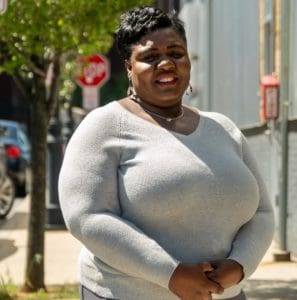 Michou was a single mother of two and pregnant with her third child in 2010 when a powerful earthquake struck her homeland of Haiti. Left homeless by the devastation, Michou and her children emigrated to the U.S. During their first few years here, Michou acted as a full-time caretaker for her sons, both of whom have autism, and her teenage daughter.
Michou was a single mother of two and pregnant with her third child in 2010 when a powerful earthquake struck her homeland of Haiti. Left homeless by the devastation, Michou and her children emigrated to the U.S. During their first few years here, Michou acted as a full-time caretaker for her sons, both of whom have autism, and her teenage daughter.


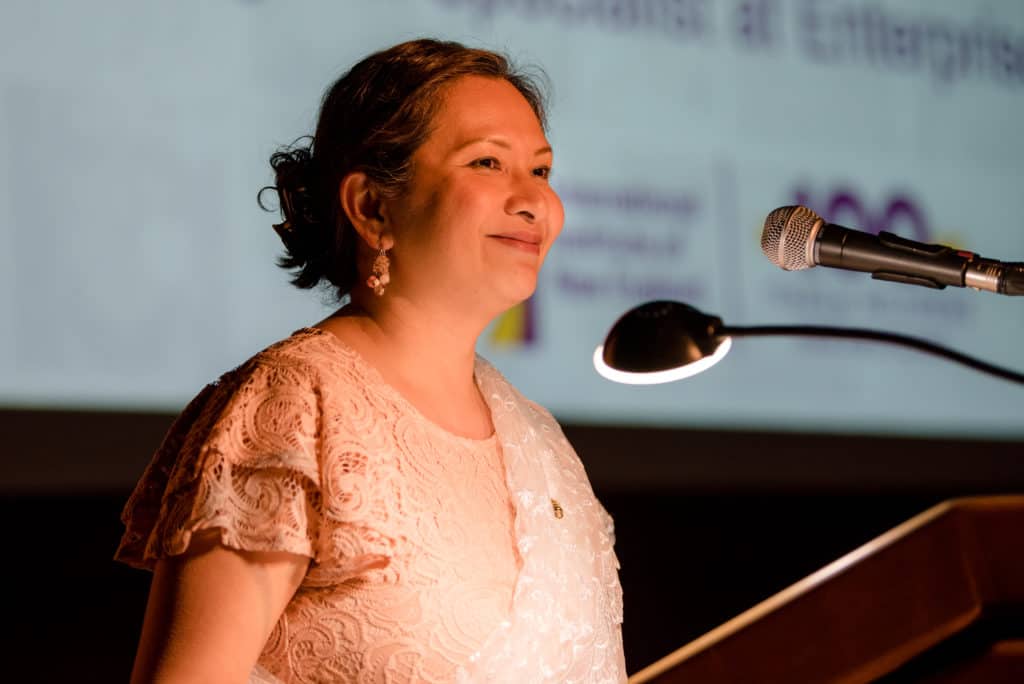
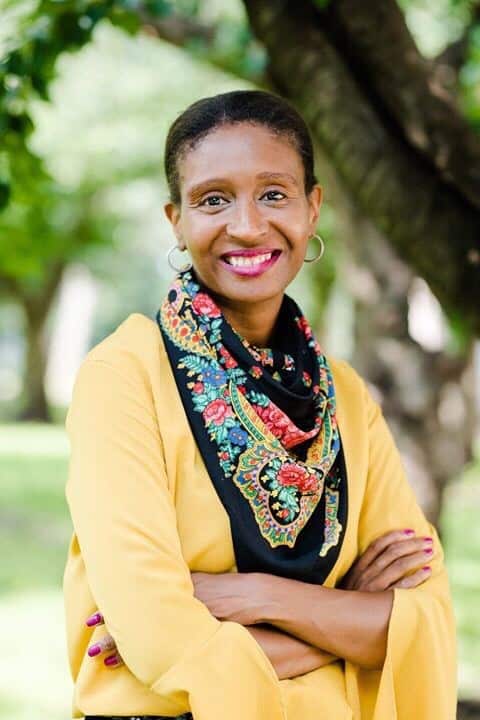 I am normally a good sleeper, but last week’s
I am normally a good sleeper, but last week’s 
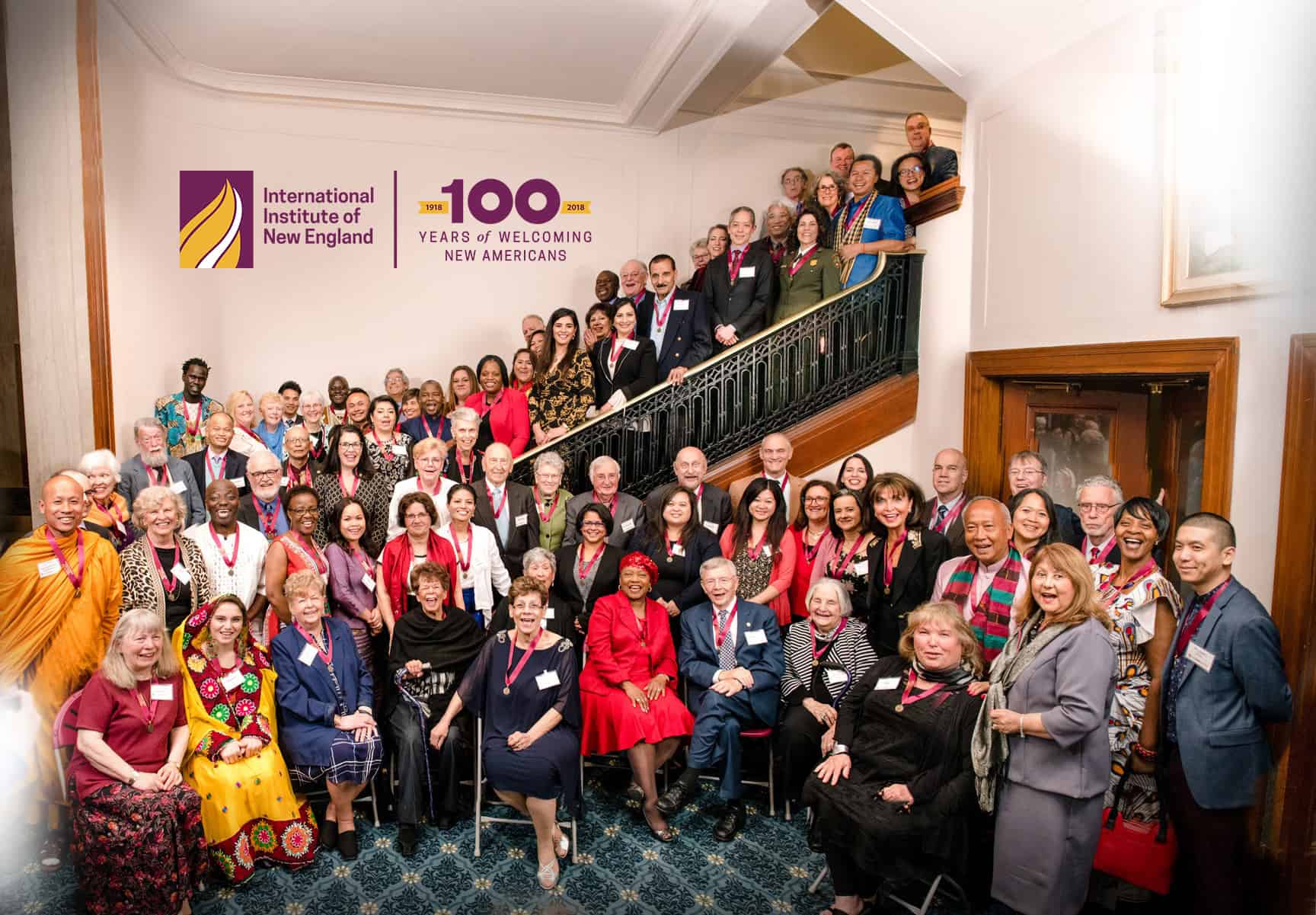

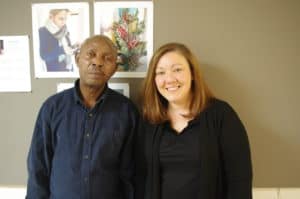 For many years, Kerry lived in a diverse New York City neighborhood surrounded by people from different cultural backgrounds. So when she moved to Manchester, NH, she wasn’t used to being in a relatively small and more homogenous town. Kerry first heard about IINE when she attended a live performance of
For many years, Kerry lived in a diverse New York City neighborhood surrounded by people from different cultural backgrounds. So when she moved to Manchester, NH, she wasn’t used to being in a relatively small and more homogenous town. Kerry first heard about IINE when she attended a live performance of